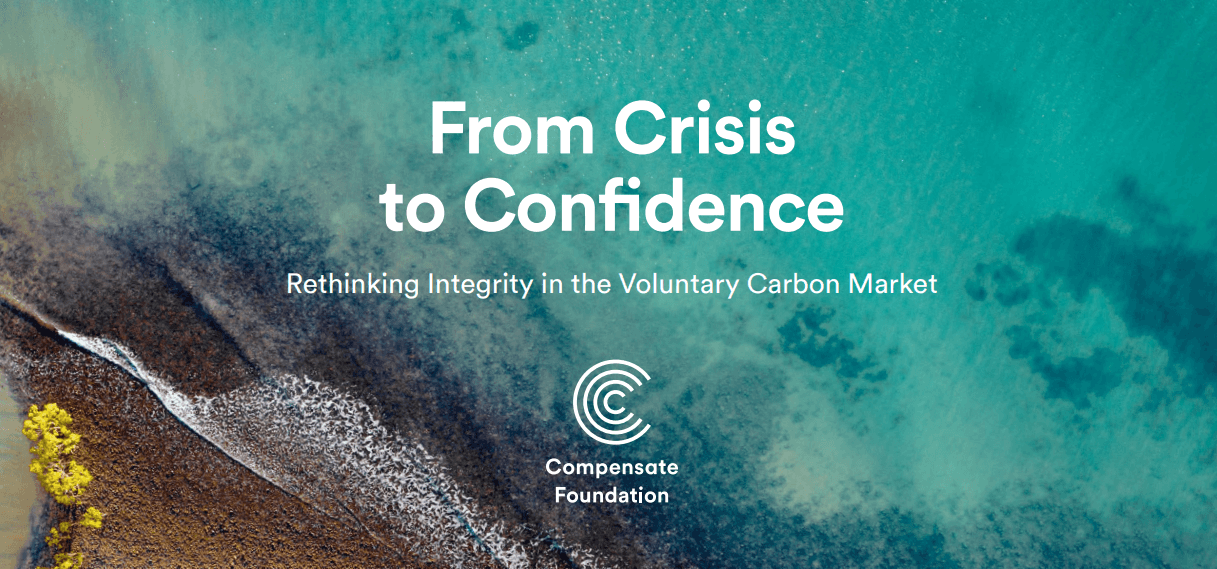From Crisis to Confidence

Rethinking Integrity in the Voluntary Carbon Market
Systemic flaws in the carbon market
The VCM is riddled with a lack of transparency and robust quality standards. Various independent investigations have revealed that the market is flooded with low-quality credits with little to no impact on the climate. The Compensate Foundation has reached the same conclusion using its project evaluation criteria.
Investigations into transparency are equally concerning in most cases, buyers are unaware that only a tiny fraction of the money they pay for the carbon credits reaches the project. The VCM is in turmoil. Growth projections, locked by corporate carbon neutrality and net-zero targets, have yet to be realized. Negative press on nature-based carbon projects has eroded trust among buyers and investors.
Why do 90% of evaluated projects fail?
In early 2020, the Compensate Foundation, in collaboration with its Scientific Advisory Panel, developed a set of project evaluation criteria that go beyond prevailing international standards. The criteria cover climate integrity, community well-being, and biodiversity.
Using the criteria, Compensate has screened and evaluated 175 nature-based projects – 94 conservation
projects, 72 Reforestation/Afforestation projects, 5 Improved Forest Management projects (IFM), 2 Agroforestry projects, and two soil carbon projects. The most significant weaknesses of nature-based projects are lack of additionality and unreliable baselines, resulting in overcrediting.









